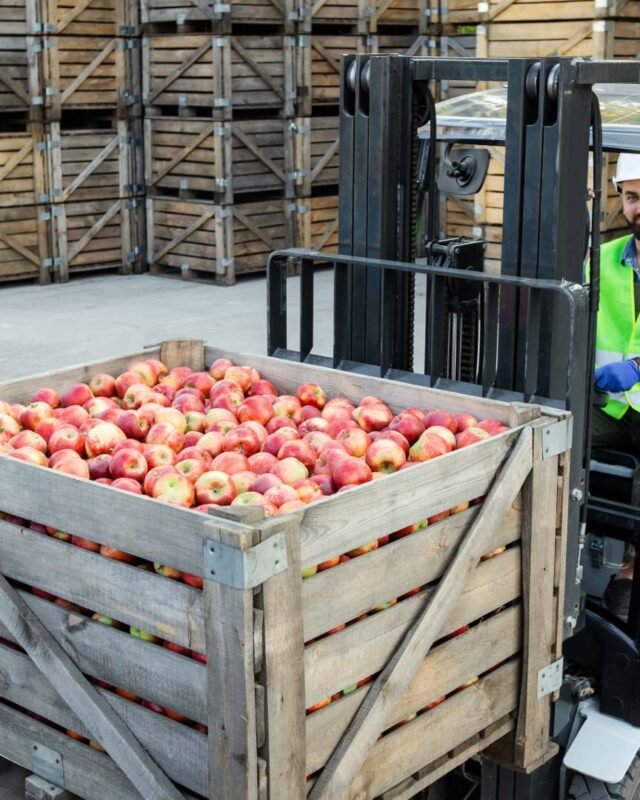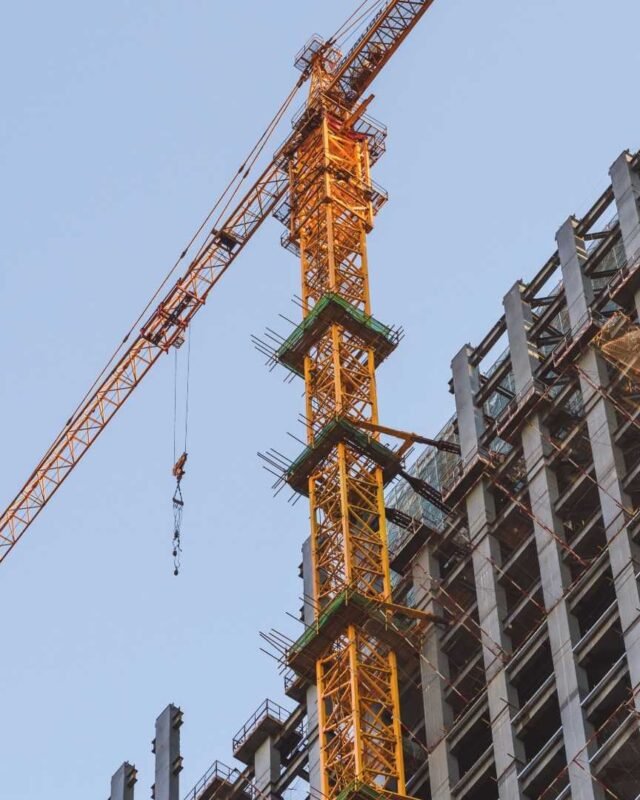In recent years, Saudi Arabia has embarked on a transformative journey toward modernization and sustainability, with a particular focus on urban development. At the heart of this evolution lies the concept of “Smart Cities.” In this article, we delve into the emergence of Smart Cities in Saudi Arabia, their significance, and the transformative impact they have on urban living.
Smart Cities: A Vision for the Future:
Smart Cities are urban centers where cutting-edge technology and digital infrastructure converge to enhance the quality of life for residents and visitors. They leverage data, connectivity, and innovative solutions to optimize urban operations, improve resource management, and foster sustainability.
The Significance of Smart Cities in Saudi Arabia:
Saudi Arabia’s commitment to Smart Cities aligns with the broader Vision 2030 agenda. The Kingdom envisions these technologically advanced urban hubs as catalysts for economic diversification, environmental sustainability, and enhanced livability. Several key factors contribute to the significance of Smart Cities in Saudi Arabia:
- Economic Diversification: Smart Cities promote economic diversification by attracting technology companies, startups, and innovation-driven industries. They serve as hubs for research and development, entrepreneurship, and knowledge-based industries.
- Environmental Sustainability: Sustainability is a core pillar of Smart Cities in Saudi Arabia. These cities prioritize eco-friendly infrastructure, renewable energy sources, efficient waste management, and reduced carbon emissions.
- Quality of Life: Smart Cities prioritize the well-being of residents. Advanced transportation systems, smart healthcare, and digital education are some of the elements that enhance the quality of life.
- Infrastructure Optimization: Infrastructure in Smart Cities is designed for maximum efficiency. Intelligent transportation systems reduce congestion and improve mobility, while smart grids enhance energy distribution.
- Digital Innovation: Innovation and technology are central to Smart Cities. These cities provide a platform for testing and implementing emerging technologies, such as 5G networks, Internet of Things (IoT) sensors, and artificial intelligence (AI) solutions.
Transformative Impact on Urban Living:
The impact of Smart Cities on urban living is multifaceted:
- Mobility: Smart Cities offer efficient and sustainable transportation options, reducing traffic congestion and pollution.
- Safety: Advanced security systems and surveillance enhance public safety.
- Connectivity: High-speed internet and seamless connectivity enable remote work and digital services.
- Resource Efficiency: Smart resource management reduces waste and energy consumption, benefiting the environment.
- Economic Growth: The influx of technology companies and startups drives economic growth and job creation.
Smart Cities in Saudi Arabia: Key Initiatives:
Several Smart City initiatives are underway in Saudi Arabia:
- NEOM: NEOM is a flagship Smart City project with a focus on innovation, sustainability, and economic diversification.
- Riyadh Smart City: Riyadh’s Smart City program includes initiatives for smart transportation, digital healthcare, and e-government services.
- Jeddah Economic City: Jeddah’s ambitious project aims to create a thriving economic hub driven by technology and innovation.
Conclusion:
The rise of Smart Cities in Saudi Arabia is not just a vision for the future but a tangible commitment to transforming urban living. These cities hold the promise of economic diversification, environmental sustainability, and enhanced quality of life for residents and visitors. As Saudi Arabia continues to invest in Smart City initiatives, it positions itself as a leader in the global movement toward urban innovation and progress. Smart Cities are not just a concept but a reality that is shaping the Kingdom’s urban landscape and its future.



